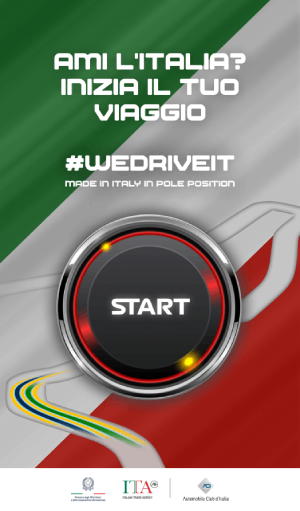by Guido Talarico
At the end of the phase of listening to the political, social, economic and cultural forces of Guinea, initiated throughout the country by the Head of Government, Ibrahima Kassory Fofana, at the request of President Alpha Condé, in order to understand the real needs of the country, a new phase is now starting. The phase of the proposal, of the construction, is now underway. A central and delicate issue is certainly that of the modification of the Constitution. We discussed it in an exclusive interview with President Alpha Condé.
President Condé, how was the Constitution of Guinea born?
“The Guinean constitution was made on the theme of traditions in an exceptional regime, they selected a few people and each of the groups came with its own interests, which makes it a mandate out of interest, so it is already very difficult to operate since sometimes we are even forced to make political agreements that are contrary to the constitution. Secondly, what is normally the domain of law in the French system is organic law. As you know, the Organic Law obeys special rules that highlight the notable shortcomings of the Constitution, which, of course, was not submitted to a referendum. If I take the Constitutional Council as an example, in the French system, the President is appointed by the President of the Republic. In Guinea, the magistrates who composed the commission, as well as lawyers and professors, considered themselves legitimate and appointed their chairpersons”.
In short, I understand that this is a Constitution that needs to be modernized. Right?
“Today the world has changed a lot, we must adapt our constitution to the change of the world, the big problem we have today in Africa is climate change and therefore environmental protection, it must be in the constitution. Then there is the fight against the victimization of women, early marriage because today, in the world we live in, as Aragon said: “Women are the other half of the sky” and especially when there are more women than men, we must promote women. Then you have cybercrime today, how to fight cybercrime today, so we have to integrate a lot of reforms, the protection of nature and then the first constitution has to take into account Guinea’s integration into a broader environment thanks to African unity, which has disappeared, and for us African unity is fundamental, so it must be adapted to the constitution.”
What about the third mandate?
“The inadequacies of the constitution must be corrected and adapted to the evolution of this new world. So it has nothing to do with the last term or not, but the opposition fears defeat in the election. The constitution gives the President the power to make a new constitution, it is sufficient for him to request the advisory opinion of the president of the assembly and submit a referendum to the people. The people of Guinea have the right to have a modern constitution that reflects the living conditions of the world in which we live today.”
So what are the reasons for proposing a change to the Constitution?
“The constitution is made for the people, in the service of the people, so there is no such thing as an intangible constitution. Do you know how many constitutions there have been in France and Africa…? And above all, those who are now criticizing constitutional reform are those who have proposed an unlimited constitution and the one who talks most about it is Cellou Diallo who promoted the constitutional change. From two five-year terms, they went on to seven years, unlimited, in short, a lifetime term”.
But are there also concrete arguments to support this amendment of the Constitution?
“Many countries have changed their constitutions since 2015, Guineans also wanted a new constitution, but I told them:”we are emerging from the ebola crisis, we have other priorities, first solve the economic problem with the help of the International Monetary Fund”. With HIPC we can only benefit from concessional credits, i.e. a maximum of 1.5% over 30 years. We must be able to benefit from non-concessional loans, which is why Guinea first had to recover its economy and finances. The revision and modernisation of the constitution is necessary, but economic recovery was a priority. Now we are almost at the end of the program with the monetary fund, we are solving the problems of energy, roads etc…. The constitution must be submitted to the people so that they can legitimize and endorse it, which was not the case in 2010″.








